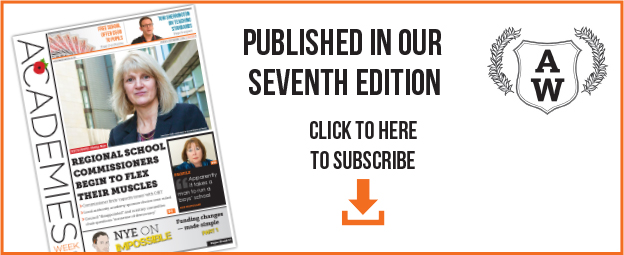Our guest reviewer of the week is Jill Berry, a former head, now educational consultant @jillberry102
by Laura Jackson @mrsjacksonmusic
Many teachers appreciate the power of the “school trip” and what can be gained from taking pupils beyond the classroom. In this post Laura Jackson describes what she and her students learnt – and how they all benefited – on a performing arts trip to Holland.
The performances offered “excellent opportunity for self-critique and instant improvements”, and she talks us through the ups and downs of the students’ experiences. One nervous singer faltered, but “a lady in the audience walked over, told the student that her voice had touched her heart and that she must start again and sing all the way. This was enough for this student; the backing track was restarted and she nailed it from start to finish.”
Jackson reflects on the wider lessons learnt, about confidence, grit and growth, and how these lessons are applicable beyond this specific context: “The whole point is to prepare these students for real life – A Design for Life. If at a college or job interview they falter, hesitate, go blank, even crumble, they are developing skills and strategies to help them to overcome this, to rectify this and to bounce back stronger.” I found this post moving and inspiring.
by Stephen Lockyer @mrlockyer, via @staffrm
@staffrm offers the opportunity for those who don’t have a regular platform to publish the occasional guest blog, which must be no longer than 500 words and contain an image.
In this post, deputy head Stephen Lockyer reflects on his own leadership experiences, and what he has learnt from the positive and negative leader role models he has known over the years. He offers sound advice, such as “Try not to be an idiot, and park the ego”. Inevitably, reading such posts is likely to encourage reflection on your own leadership journey. Leadership may not be for everyone, but if you have the potential to get the best from others, at whatever level, and experience what Stephen Lockyer describes here: “I love that it took three years to really know my staff, and now we have that thread of understanding and respect which has been earned and not simply inferred through position”, you might well appreciate the conclusion he reaches, which is that ‘Leadership is….…nothing like you’d expect it to be, and yet far more rewarding”.
by Chris Chivers @ChrisChivers2
Chris reflects on the Educating the East End TV series and its demonstration of how “the staff, at all levels, react with substantial humanity, offering support and guidance as well as pointing out the errors in thinking and the means of resolution”. He compares this with some of his own childhood experiences before suggesting that, today, every member of staff has the opportunity to “model what humanity is” so that a humane approach is a key feature of the school’s ethos.
His suggestions for the attributes of an inclusive school show his wisdom, wealth of experience and his own capacity for humanity.
Heads Up #3: Putting the “being” into “well-being”
by Kev Bartle @kevbartle
Kev Bartle’s posts have offered a tremendous insight into the experience of moving from deputy headship to headship – in Kev’s case internally promoted, which brings its own opportunities and challenges. This is his third post in a series that describe what taking up headship involves and how it feels.
Bartle is committed to the principle of looking after the staff to get the best from them so that they, in turn, can get the best from their pupils. He considers the concept of “well-being” and what it really means for school leaders to give staff well-being a high priority. He discusses his reflections and the practical strategies, the threats and how they can be addressed. “We need simply to be allowed to ‘be’ the support staff, teachers or leaders we want to be and need to be.” His post may encourage you to consider what leaders at all levels can do to support this.













Your thoughts